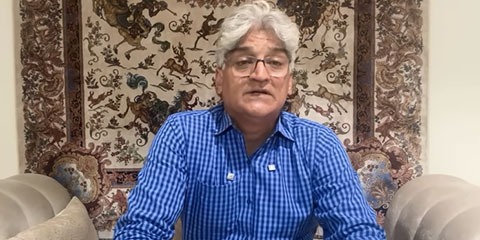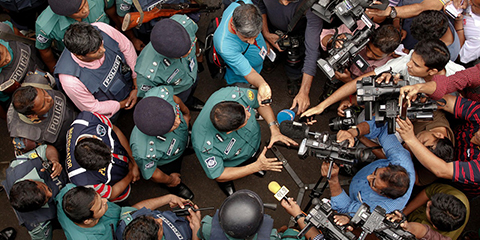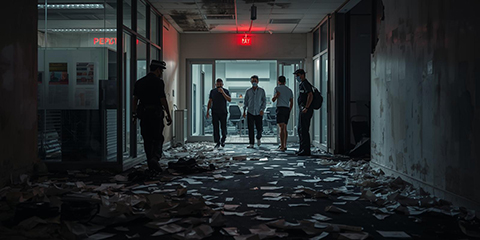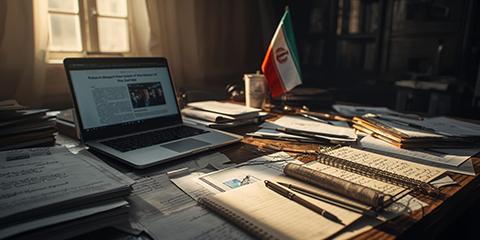Turkey, China, and Egypt continue to be worst jailers of journalists: CPJ census finds
JournalismPakistan.com | Published 8 years ago
Join our WhatsApp channel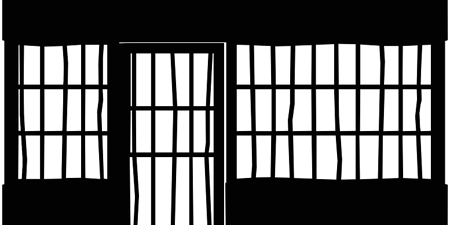
NEW YORK - For the second year in a row, the number of journalists imprisoned for their work hit a historical high, as the US and other Western powers failed to pressure the world’s worst jailers - Turkey, China, and Egypt - into improving the bleak climate for press freedom, the Committee to Protect Journalists found.
As of December 1, 2017, CPJ found 262 journalists behind bars around the world in relation to their work, an increase on last year’s historical high of 259.
Turkey is again the worst jailer, with 73 journalists imprisoned for their work as the country continues its press freedom crackdown. China and Egypt again take the second and third spot, with 41 and 20 cases respectively. The worst three jailers are responsible for jailing 134 - or 51 percent - of the total.
“In a just society, no journalist should ever be imprisoned for their work and reporting critically, but 262 are paying that price,” said CPJ Executive Director Joel Simon. “It is shameful that for the second year in a row, a record number of journalists are behind bars. Countries that jail journalists for what they publish are violating international law and must be held accountable. The fact that repressive governments are not paying a price for throwing journalists in jail represents a failure of the international community.”
According to CPJ’s census 194 journalists, or 74 percent, are imprisoned on anti-state charges, many under broad or vague terror laws. In Turkey, every journalist on the census is either accused of or charged with anti-state crimes. Although many journalists cover multiple beats, politics was the most dangerous, covered by 87 percent of those jailed. Nearly all the jailed journalists are local and the percentage of freelancers is higher this year, accounting for 29 percent of cases.
Other leading jailers of journalists in 2017 are Eritrea, with 15 cases, and Azerbaijan and Vietnam, with 10 cases each.
The international community has done little to isolate repressive countries and US President Donald Trump’s nationalistic rhetoric and insistence on labeling critical media “fake news” serves to reinforce the framework of accusations and legal charges that allow such leaders to preside over the jailing of journalists. CPJ’s 2017 census found the number of journalists jailed for “false news” doubled this year, to 21 cases.
Poor prison conditions is another issue this year, with two journalists jailed in China, including Nobel laureate Liu Xiaobo, dying just weeks after being released on medical parole, and several others seriously ill. In Egypt, CPJ found over half of the jailed journalists have health conditions.
The prison census accounts only for journalists in government custody and does not include those who have disappeared or are held captive by non-state groups, such as several Yemeni journalists CPJ believes to be held by the Ansar Allah movement, known as the Houthis. These cases are classified as “missing” or “abducted.” CPJ has been conducting an annual survey of journalists in jail since the early 1990s.
CPJ’s list is a snapshot of those incarcerated at 12:01 a.m. on December 1, 2017. It does not include the many journalists imprisoned and released throughout the year; accounts of those cases can be found at https://cpj.org. Journalists remain on CPJ’s list until the organization determines with reasonable certainty that they have been released or have died in custody. – CPJ media release









